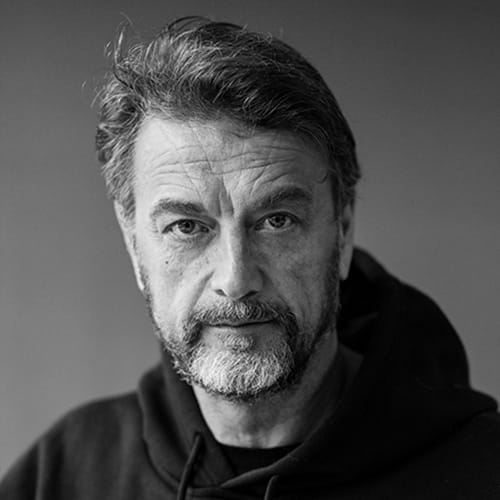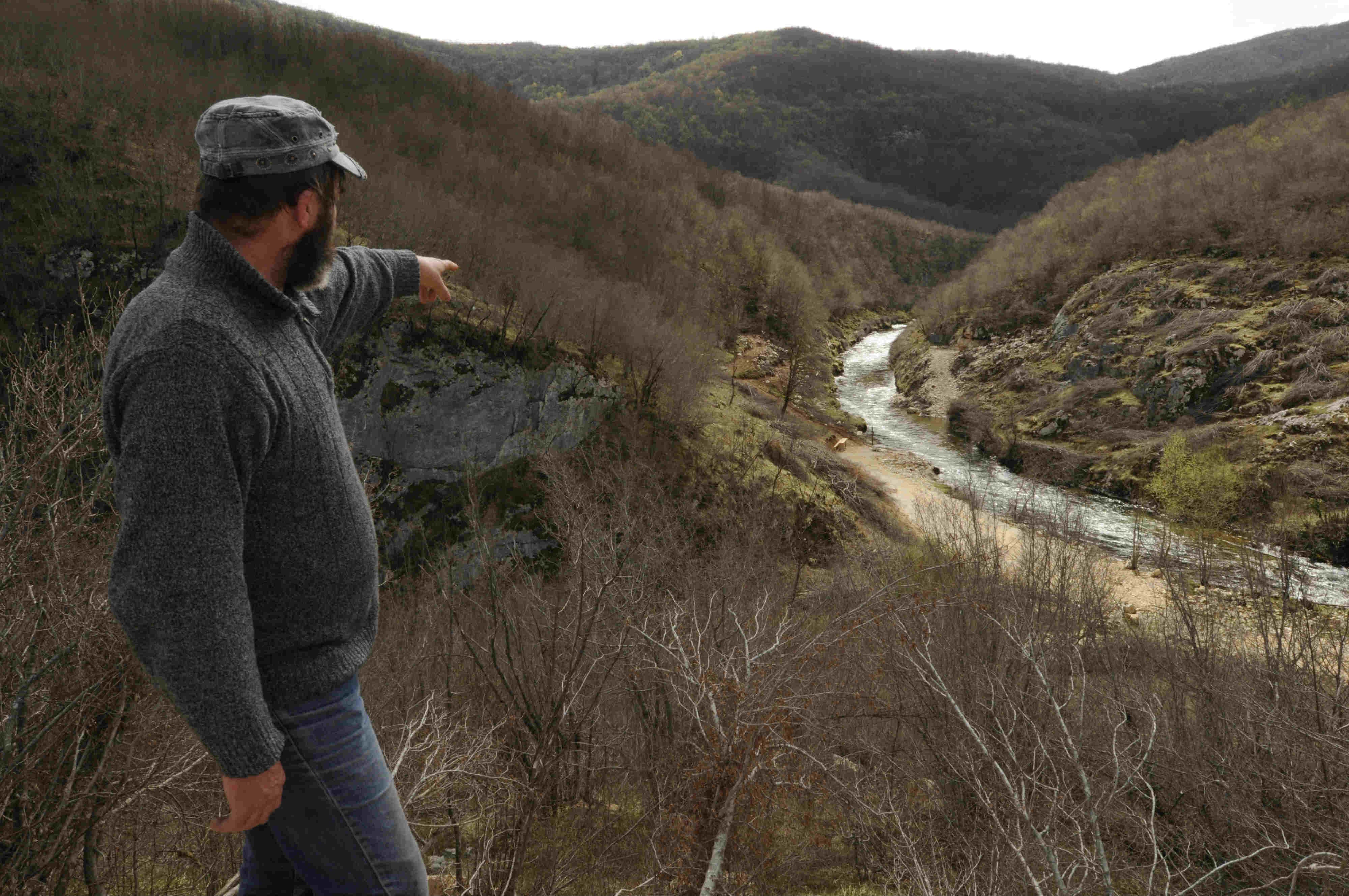The project to build small hydroelectric power plans on the rivers of the Republika Srpska (RS) has failed. Six years after launch of the project only three of 112 power plants have been built. The concessionaires have given up on building and instead are seeking profits through negotiations with foreign buyers to sell their concessions.
Reporters from the Center for Investigative Reporting in Sarajevo (CIN) found that irregularities have marred the project from the outset – including unplanned choice of building locations to wrong estimates of water capacity to not respecting a ban on sale of concessions.
The first concession was issued at the end of the term of former RS Prime Minister Pero Bukejlović. Others followed after Milorad Dodik took office in January 2006.
The RS Ministry of Economy, Energy and Development awarded concessions upon the proposal of the Commission for Concessions. That body is also supposed to oversee concessionaires. In their 2009 and 2010 annual reports commission suggested contract with number of concessioners get terminated. The reasons included inactivity, poor business approach, lack of cost-effectiveness and difficulty of building.
However, the RS government headed by Aleksandar Džombić took steps only this year to rectify matters. The Ministry of Energy terminated contracts with six firms, and is negotiating dissolution of contracts with another 23.
The RS government refused to let CIN reporters see the contracts.
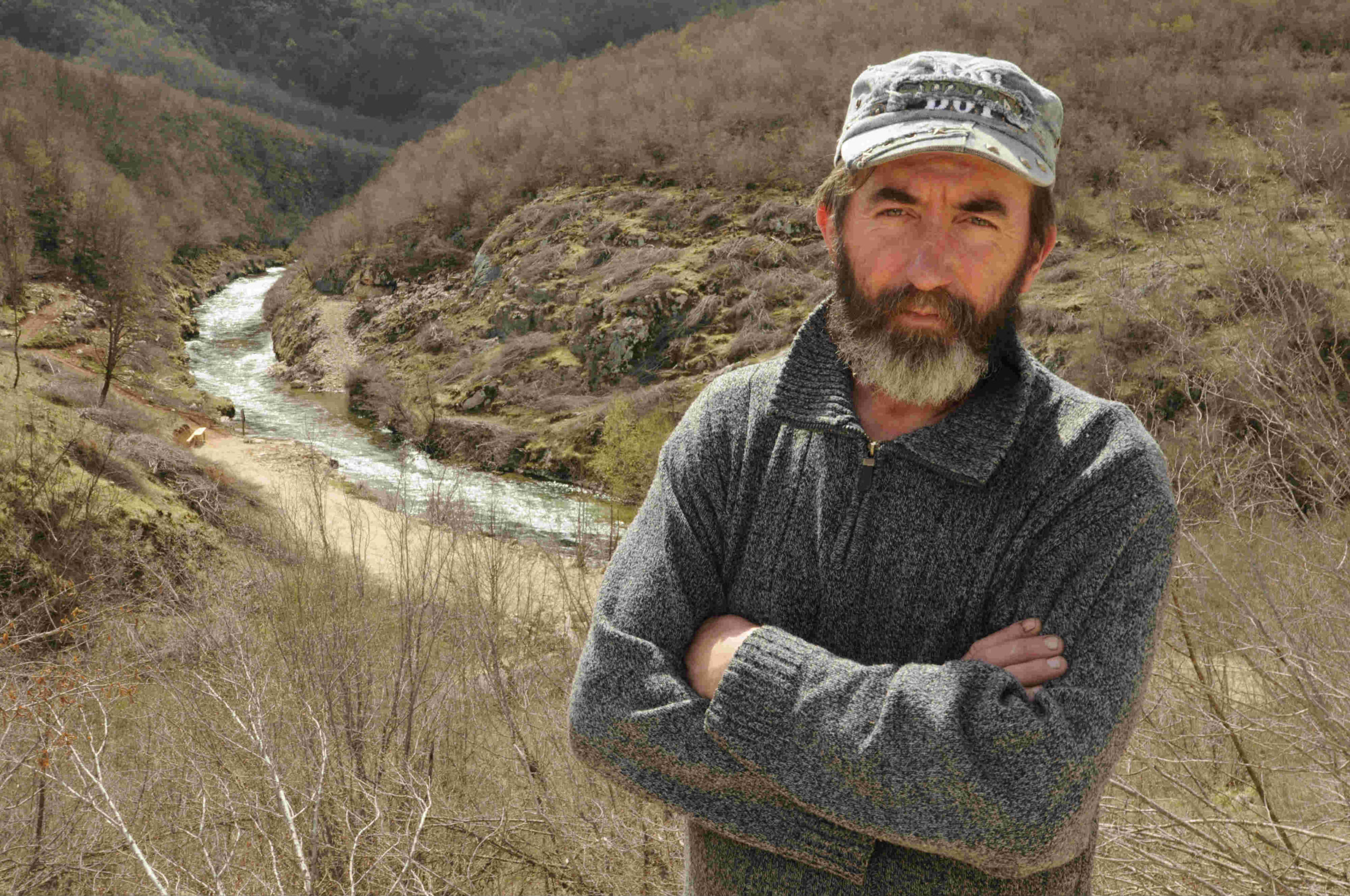
Photo by CIN
Concessions for small hydroelectric power plants (up to 5 megawatts) have been issued for the period between 15 and 30 years, and firms could get them through sole-source procurement or by submitting their bids to public tenders.
The companies were not required to attach bank guarantees and this led to most concessions being dished out to companies that lacked the money or expertise to construct energy facilities.
According to experts, the companies had to submit a technical and financial feasibility study based on the power-plant’s capacity and expected profits from the sale of electricity. The commission and the ministry rubber-stamped these studies and later it turned out that some of them could not be carried out.
Ranko Goić, an expert on renewable energy at the University of Split, said that faulty estimates on the profitability and hydro-potential of rivers were made before the concessions were awarded. He explained that most of the locations would not pay off to build because the prices of electricity were still too low in the region.
Nevertheless, according to data from the RS Energy Regulatory Commission, the government is about to adopt new tariffs, by which the hydropower plants from renewable energies should receive 0.12 KM per kW, compared to the current 0.08 KM.
The government also did not take into accounts the opinions of ecological associations which have opposed the plants.
The ministry approved building at the area of Sutjeska National Park and other locations, for example, over the objection of municipalities. This is why the municipalities have not issued construction permits.
Concessioners say they did not know what they were getting into and, so are selling their concessions instead of electricity.
Government Does Nothing to Stop the Trade
The commission has warned in reports since 2007 that some firms got into the business in the first place with the idea of trading in concessions.
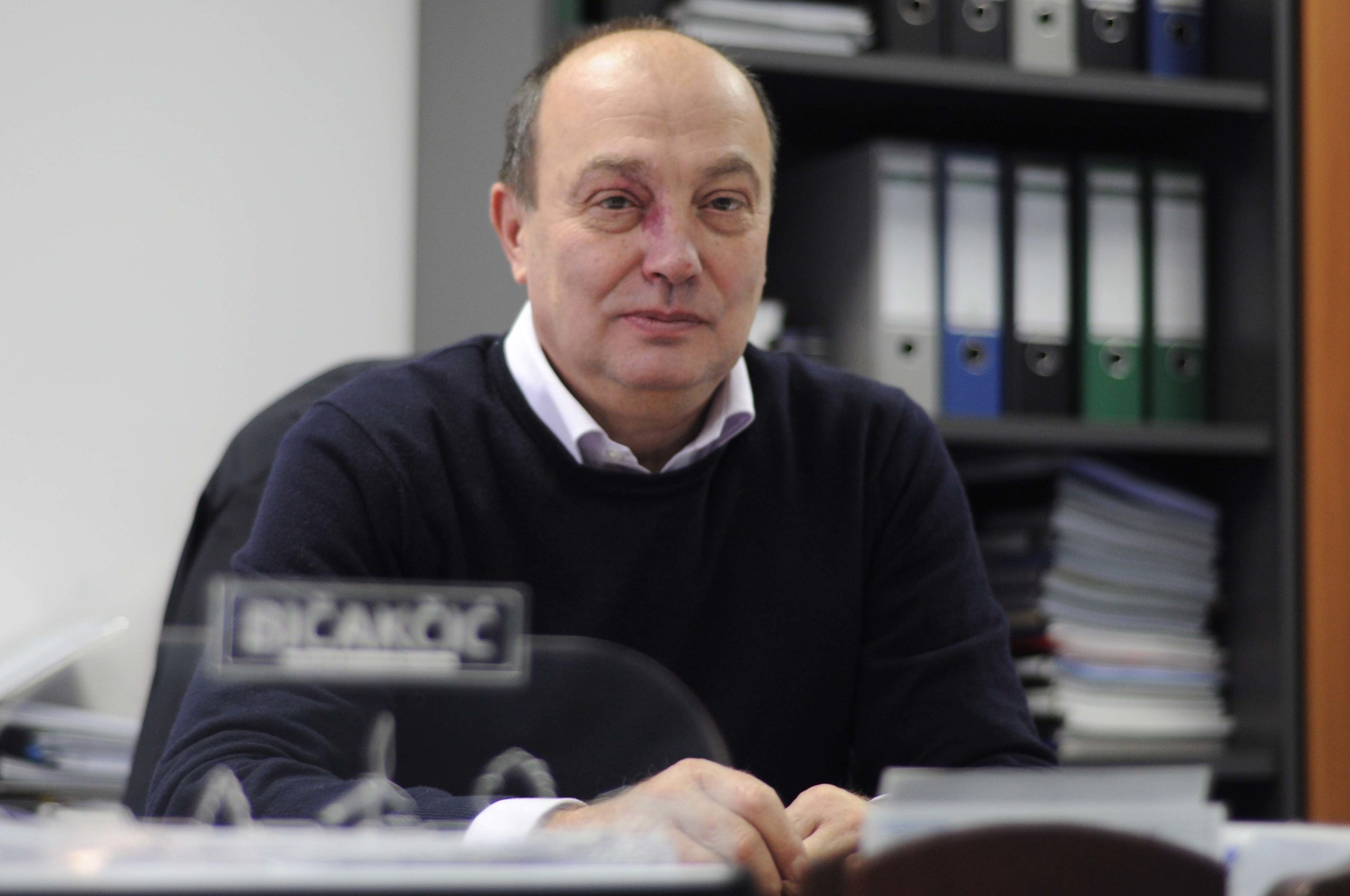
Photo by CIN
At the end of 2009, the RS government issued a rulebook on the transfer of concessions. Until then, transfers were only possible only after construction was complete.
Commission President Predrag Aškrabić said the government issued separate by-laws later that legalized earlier transactions.
Even though the government’s decisions and the rulebook make no mention of financial compensation for concessions transfers, CIN found that concessionaires have made money through these deals.
Neither concession sellers nor buyers wanted to go into details regarding the deals, but they said that 1MW usually sells between 100,000 KM and 200,000 KM.
Edhem Bičakčić, co-owner of a Sarajevo engineering firm Bičakčić, and Đuro Vujković of the Banja Luka engineering firm Energokomerc, say that the market price of a concession for which construction permit was obtained is 300,000 KM per 1MW. In other words, a firm with the concession to build a power plant of 5 MW can fetch a price of up to 1.5 million KM.
Bičakčić added that even if a company did not have all required permits, the buyer could give a down payment on condition that the permit would be obtained by a deadline.
He explained that it was not the concession per se but the company itself that was being sold. He said he knew that some concessionaires asked for bigger amounts, but ‘all current transactions that have been carried out and concluded were, more or less, at this level give or take 10 percent.’
Energokomerc has five concessions for building power stations. Vujković said construction has not yet started because of the death of the owner and because the capacities of the rivers have not been established.
Concessions to Slovenians
In 2006, the RS government awarded Banja Luka-based Energetik the concession to build a 3.5 MW Medna plant on the Sana River. Four months later, the government passed a new decision that took the concession from Energetik and awarded it to a Banja Luka Energy MBA. This time the power was estimated at 4.9 MW.
Ilija Klepić, the owner of Energetik, said that he never got an explanation for the government’s decision.
The RS Official Gazette carried news of the decision on the change of concessionaires, but when CIN asked the Ministry of Energy about the change, officials responded that Energetik had never been given the license.
Energy MBA was founded in August 2005. The majority owner at the time was Arie Livne, a former adviser to Dodik and a member of RS Senate.
Livne said that he thought in the beginning that this was a sound investment, but later in discussions with bankers he realized that it would cost too much and that he did not have the funds.
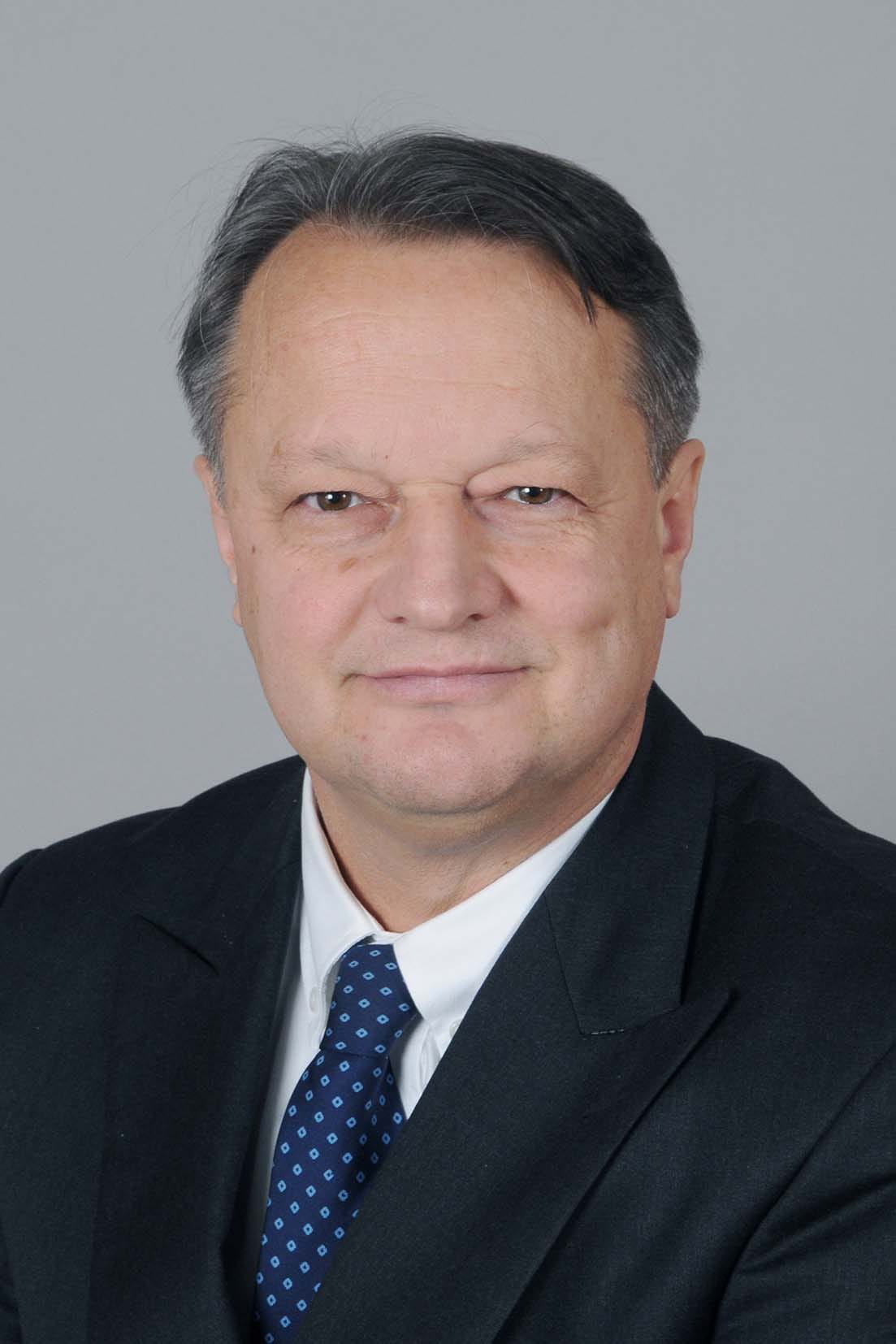
Photo by CIN
Energy experts CIN talked to said that hydro power stations require an investment of 2 to 3 million KM per MW, depending on the quality of material and equipment used.
A month and a half into the concession, the new owners of Energy MBA became: Nikola, Radenko and Miroslav Vukelić. Former owners Livne and Gordana Bošković transferred their ownership to the Vukelić brothers.
In August, the government decided that the concessionaire would be another Banja Luka firm, L.S.B. Elektrane, even though the contract between Energy MBA and the RS government stipulated that only after construction could the concession be transferred.
Jelenko Lolić, an owner of Elektrane, explained that the two companies actually exchanged concessions. Energy MBA had already had three concessions on the Vrbanja River, a tributary of the Vrbas River, and wanted L.S.B. Elektrane to get the fourth.
Lolić said that construction of Medna turned out to be extremely expensive and demanding, which is why this March he sold the license to Interenergo, based in Ljubljana and owned by KI-Kelag International, an Austrian firm.
Lolić said he put 1 million KM into the project. He did not want to reveal how much he sold concession rights for, except to say that the amount is far lower than his costs.
Experts told CIN that the full costs of licensing prior to constructing a power station do not exceed 100,000 KM.
Anton Papež, director of Interenergo, said that the owners of concessions have estimates that are not real and many get disappointed when they realize the cost of building.
The municipality of Ribnik where Medna was supposed to be built and the Ecology Movement Zelenkovac filed a lawsuit in 2009 to counter the environmental impact study published by the RS Ministry for Spatial Planning, Construction and Ecology.
Borislav Janković, a member of Zelenkovac, said that the station at the source of the river would destroy the pristine nature and beautiful landscape of the area. Investment in tourism would bring the local population more money.
Papež said he was negotiating with other concessionaires in the RS. He refused to say what amounts was his company ready to pay for concessions, but he noted that offers for projects in initial phase scan go as high as 200,000 KM per MW.
This March Interenergo took over a concession for the construction of a 1.7 MW station at the Ugar river through its Banja Luka company. Initially, a Kneževo-based Metalotehna got the license in 2006.
Vladimir Glamočić, the majority owner of Metalotehna, said he sold his concession rights because they could not get the money for projects even after securing a construction permit.
His uncle Ljubo was for 14 years a deputy minister at the RS Ministry of Energy, at the time the firm received a concession. He said his uncle helped only with the technical side of the project, and did not otherwise help secure concession.
He said that his only advantages were that he was a construction engineer, and his uncle has a Ph.D. in technical sciences.
Glamočić said that foreigners offer him around 200,000 KM per MW for a concession. But he did not want to reveal how much he had profited.
His company has two more concessions for building stations on the Vrbanja river. He does not hold a construction permit for them but will try to sell them to foreign investors.
Concession Issued to Auto Repair Shop
Sixteen more power plants are scheduled to be built along the Vrbanja, mainly in the area of Kotor-Varoš. Enisa Božičković, president of the municipality’s assembly, said that they have no information from the RS government on plans for constructing or issuing of concessions. As the new regulatory plan has not been approved, the municipality has not even issued building permits.
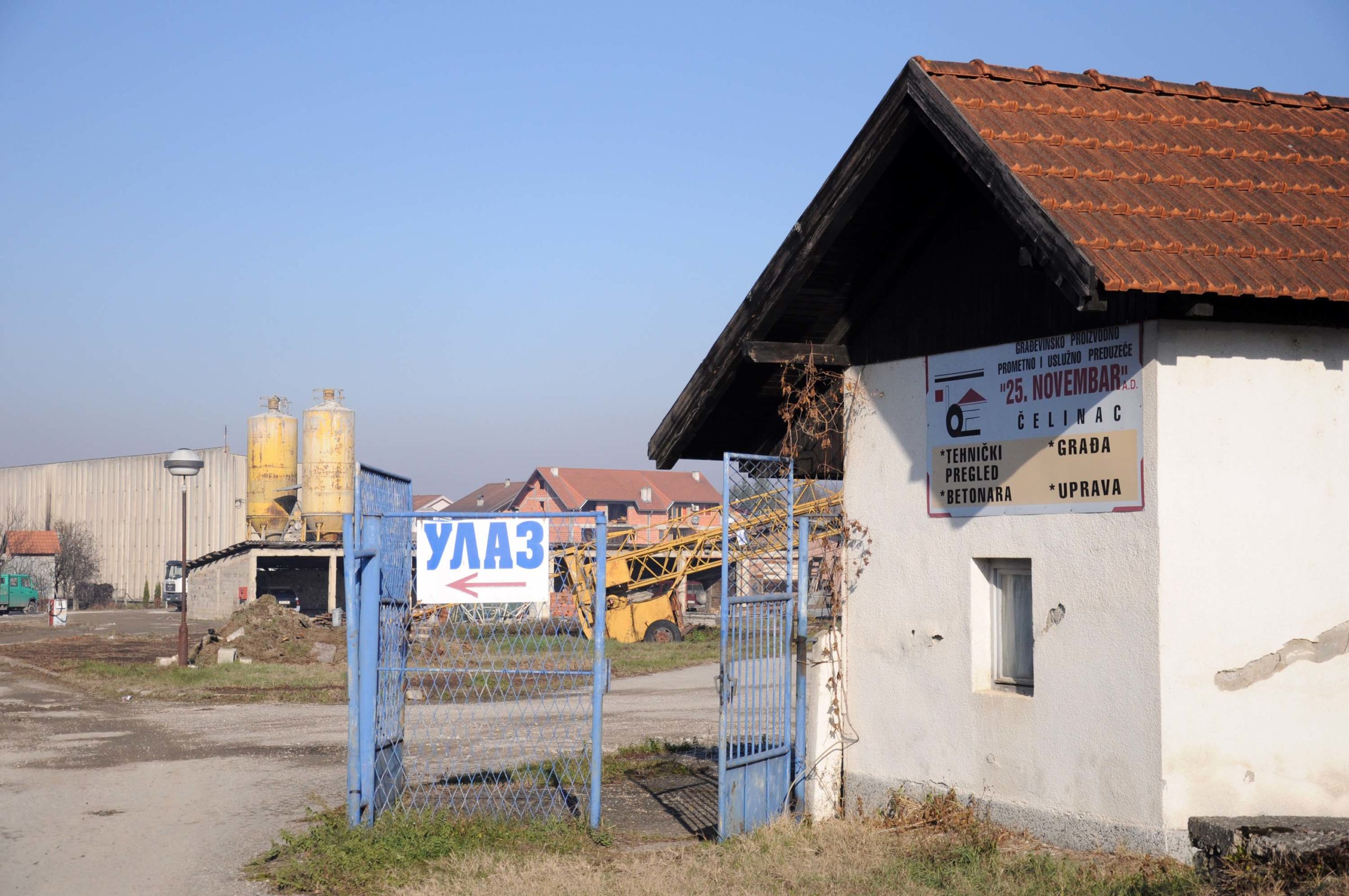
Photo by CIN
The 25th November, a Čelinac-based firm, was issued concession in 2006. Aco Maksimović, its director and biggest shareholder, then incorporated Hidrogip to which he transferred the concession rights.
After The 25th November went into bankruptcy in 2010, Maksimović said that he transferred the ownership rights over Hidrogip to an auto repair shop Max Plus that his son Miljan owns.
Maksimović said that they have found a strategic partner ready to invest in building a hydroelectric power station.


